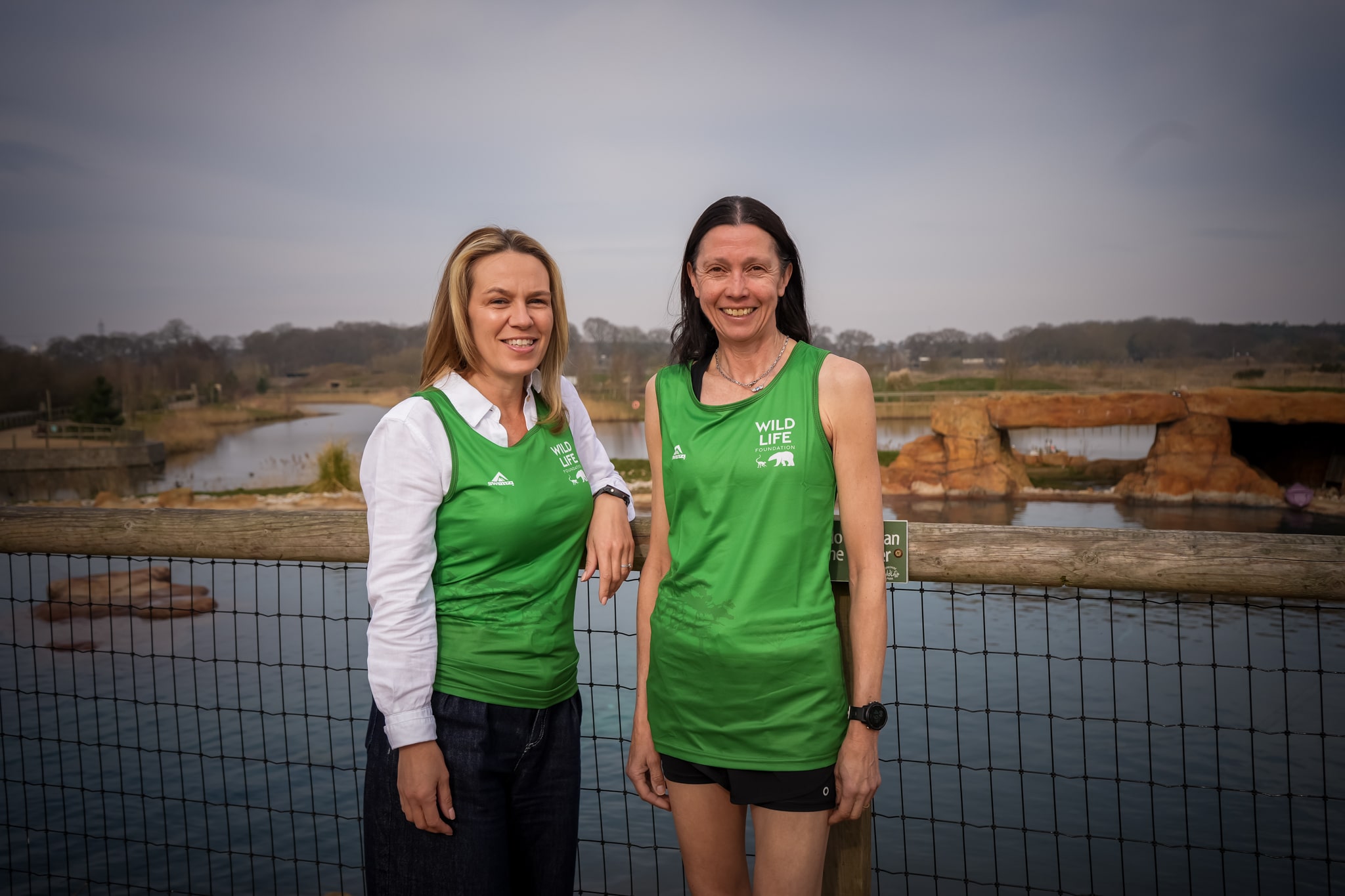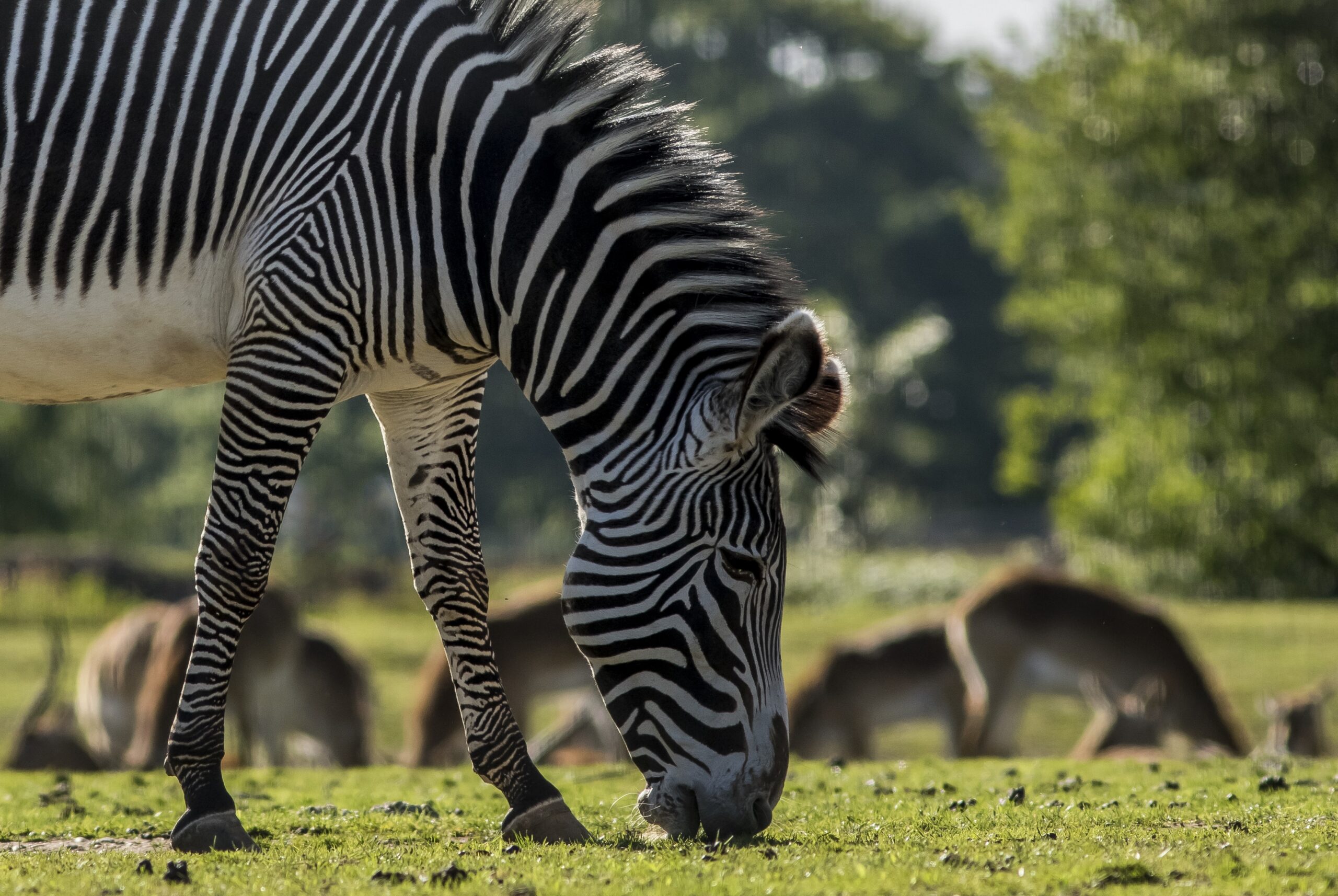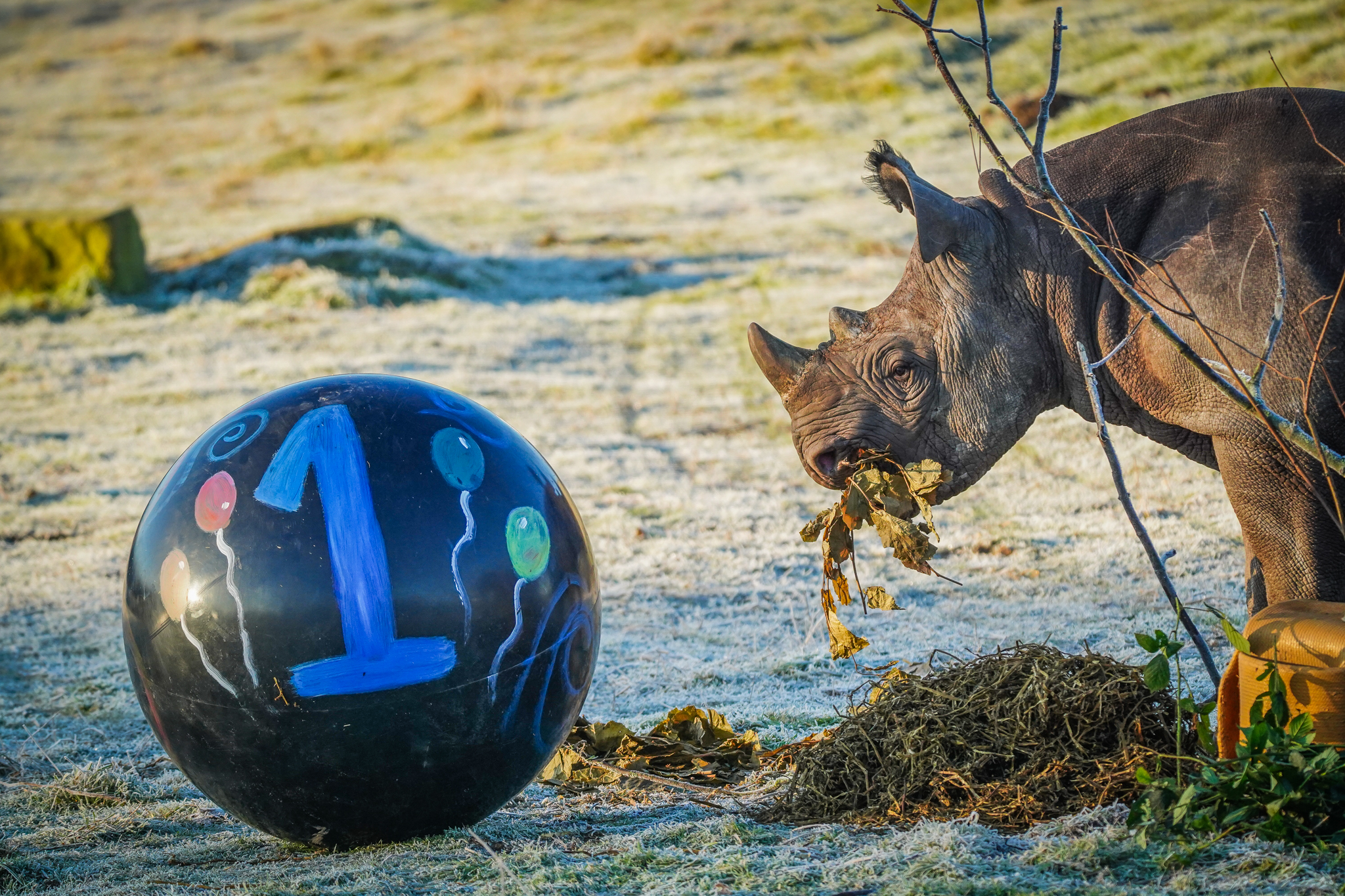Wednesday 27th February is International Polar Bear Day, in association with Polar Bears International (PBI), our partner charity for WildLife Foundation’s flagship project, Project Polar. This combines the three objectives of WildLife Foundation: conservation, welfare and education. It is a programme for conservation and a centre for research, to help bears both in the wild and in zoos. This is crucial work as Polar Bears face more and more challenges as the Arctic warms: their current status on the IUCN Red List of Threatened Species is Vulnerable.
The Project Polar Reserve
The Project Polar reserve at YWP is home to five polar bears, Victor, Pixel, Nissan, Nobby and the new arrival, Rasputin. The polar bears at YWP are ambassadors for their species and the fundraising and awareness carried out by YWP for the Foundation. It’s over 10 acres large, and features several lakes, the largest one of which has an area of 6,500 square metres and is 8 metres deep. This allows the bears to spend time in water, just as they would in the wild. Polar bears can swim for long distances, and for long amounts of time to get from one piece of ice to another.
IUCN ‘Vulnerability to Climate Change’ Report
Polar bears also spend much of their lives on arctic sea ice – because of this, they are the only bear species to be considered marine mammals. However, this habitat is literally melting away as the planet gets warmer. WildLife Foundation has helped to produce a landmark report with the IUCN, that warns of the “increasingly severe” impact on wildlife from shifting weather patterns. This is aimed at pooling scientific knowledge to help conservation campaigners and protect the environment – which will be key to helping polar bears by stopping their habitat loss.
Svalbard Denning Project
Polar bears principally eat seals, a food source which keeps them going for much of the year, through times of extended fasting. Female polar bears do not eat for up to eight months after giving birth, spending the winter in dens under the snow before emerging to hunt seals.
Climate change is causing the sea ice they use to hunt to melt, meaning female Polar Bears can no longer rely on this to hunt the food they so badly need after fasting for so long. WildLife Foundation supported the Svalbard Dening project led by Polar Bear International, a project which tracked female polar bears to record their activity, allowing us to better understand their denning ecology, as well as how they are getting on as the arctic changes. This has highlighted the need for action to reduce human-caused climate change, to improve conditions for female polar bears and their cubs.
This International Polar Bear day help us to continue to support polar bears by donating to WildLife Foundation. You can make a one off donation or set up a monthly donation here. Alternatively, donate by text: to donate £5 text WildLife Foundation to 70970.











